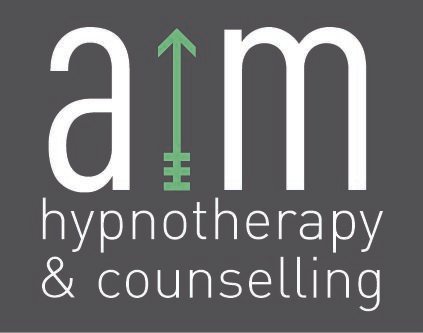A journalist friend recently emailed me some questions for a piece he is writing on mental health and Covid-19. He wanted to explore the importance of positivity during quarantine. I thought I’d share his questions and my answers here.
Why is it important to stay optimistic during difficult times?
Well I’m not sure that it is important to focus solely on optimism. In fact I think that approach may backfire as it doesn’t leave room for all the other emotions that may be present.
We know that these are strange and unprecedented times, which means we don’t have a blueprint for how to navigate them.
There is a lot of unknowns and human beings are by and large uncomfortable with uncertainty.
Some psychotherapists have likened this experience as a time of collective and individual grief.
We may be grieving normalcy, we may be grieving the ability to plan ahead and or grieving for an unknown future.
I’m not sure whether it is important to only focus on optimism as a way of coping with this experience.
Many people are confused and overwhelmed by contrasting emotions. They may feel angry one moment and sad the next; they may have moments of acceptance followed by anxiety and denial.
I think what is important is giving ourselves permission to experience and express all emotions without shame or expectations.
Afterall it is only through knowing and accepting our emotions that we can begin to find some peace with them.
In saying this it’s important to point out that not everyone expresses emotions in the same way and not everyone is ready to express them at the same time.
Some may benefit from talking to a friend or a therapist right away while others may be better able to access their emotions through creativity like making music, dancing or drawing before being able to talk through their experiences.
What are some healthy ways of coping with negative thoughts?
In cognitive behavioural therapy we learn to look at the difference between helpful or unhelpful thoughts and to look for distortions and rigidity in thought patterns.
Look for whether thoughts seem black and white, all or nothing, catastrophizing or fortune telling. Ask yourself what evidence you have for or against a thought.
Think of yourself as going to court with that thought. Then you might try seeing what it’s like to give yourself an alternative or a more balanced thought to see how that might feel better.
Trance work like hypnosis can also be helpful in processing some emotions or triggers that may not be readily accessible through talking or conscious exploration alone.
What are some mental health tips for surviving this isolation phase?
I would say to become curious about the things that used to bring you joy. What used to help you feel good and what elements of those experiences do you still have access to today?
If it was a fitness or yoga class with a friend maybe you plan to use an app at the same time and chat about it afterwards. If it was a certain restaurant perhaps finding ways of cooking similar dishes at home. If it was your regular appointments at the salon, maybe ways of having a spa experience at home. Finding some small ways of maintaining routines you used to find comfort in.
Another important tip is that we are all increasingly relying on the internet to feel connected but that recent studies show a direct correlation between our happiness levels and internet use. One particular study has shown over 4 hours a day on social media can have very negative impact on our health and wellbeing.
Obviously it is difficult to curb our use during this period of time, but my suggestion would be to check in with ourselves about what we are seeking when we reach for our devices and whether that need is actually being met online and whether it could be better met offline.



